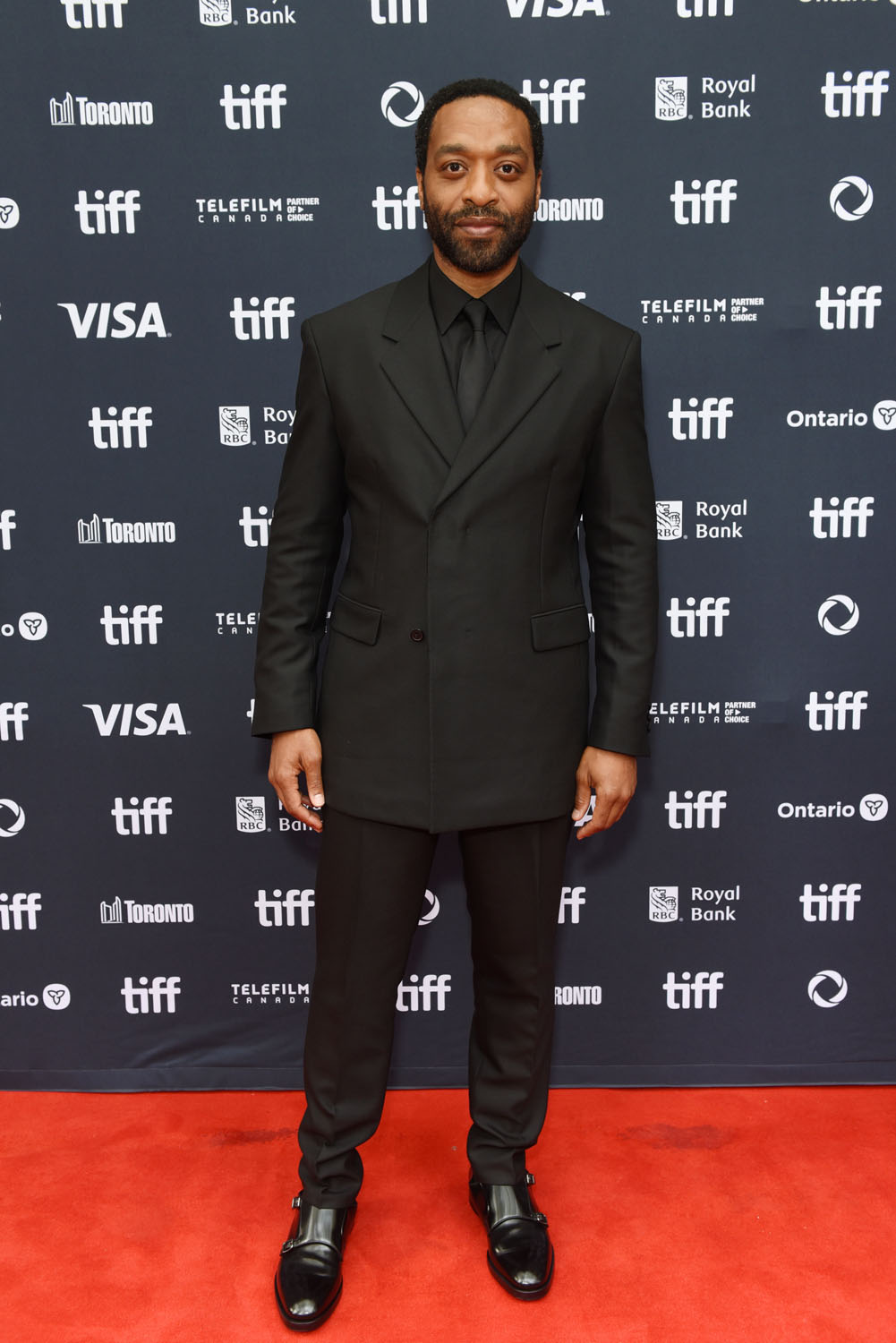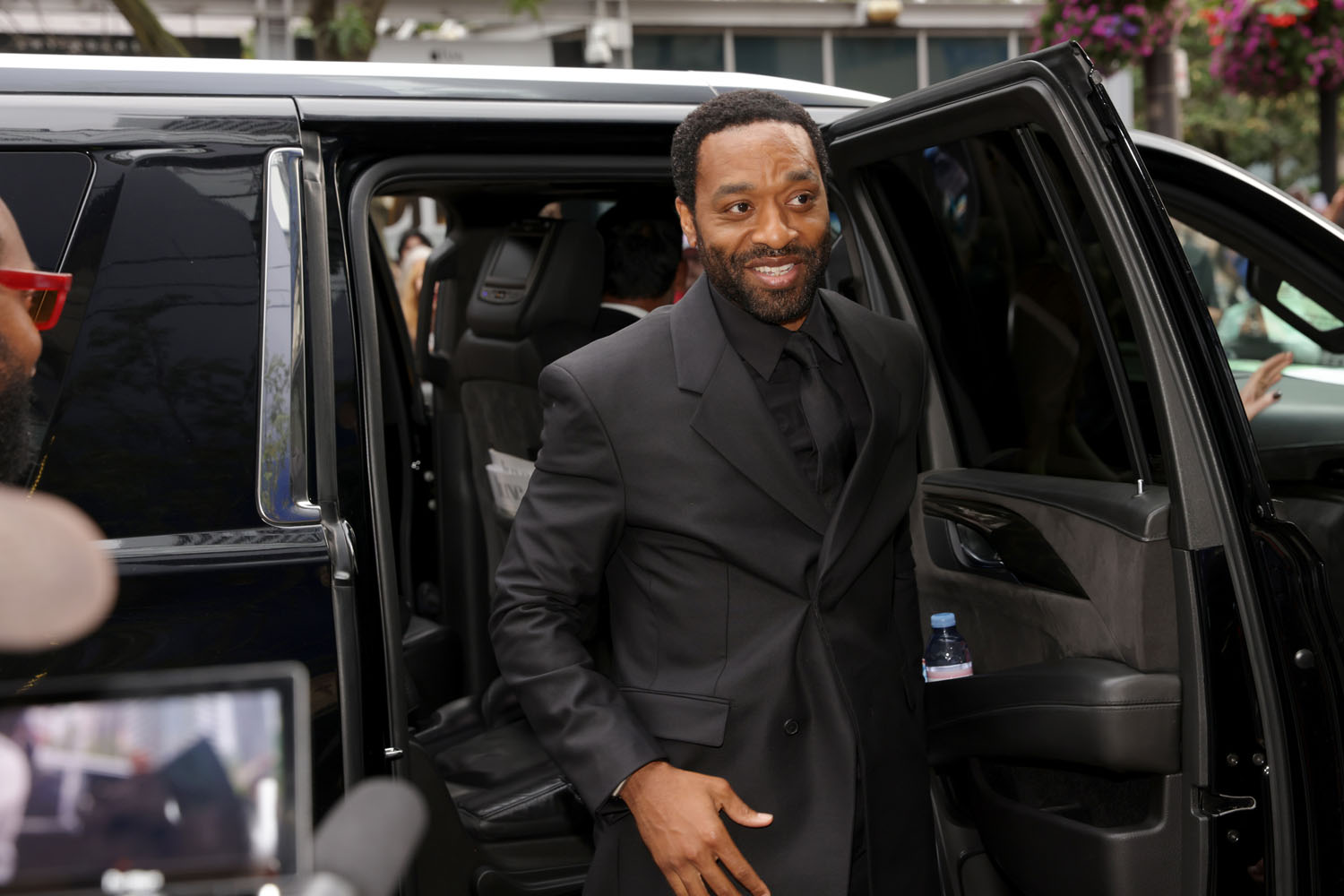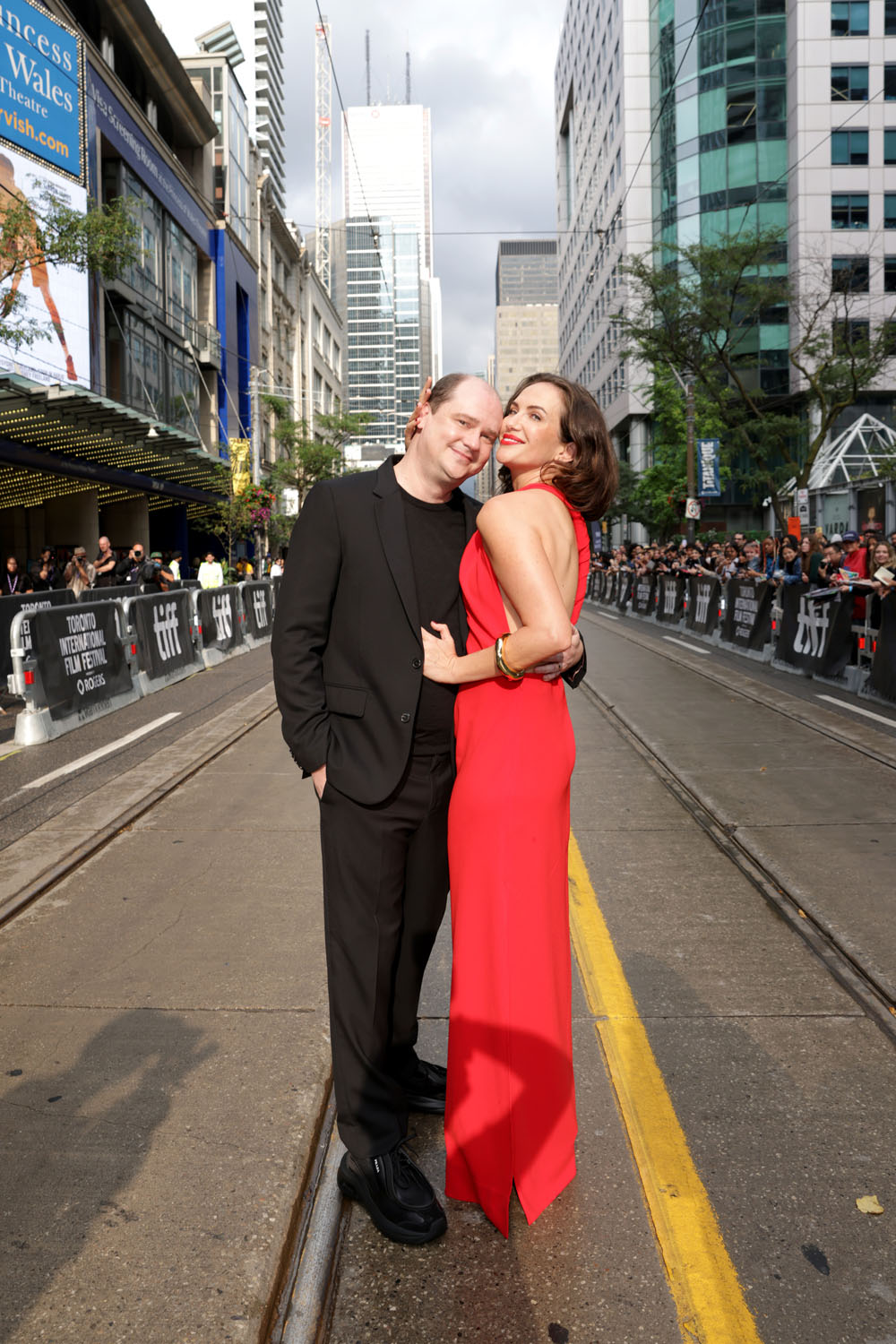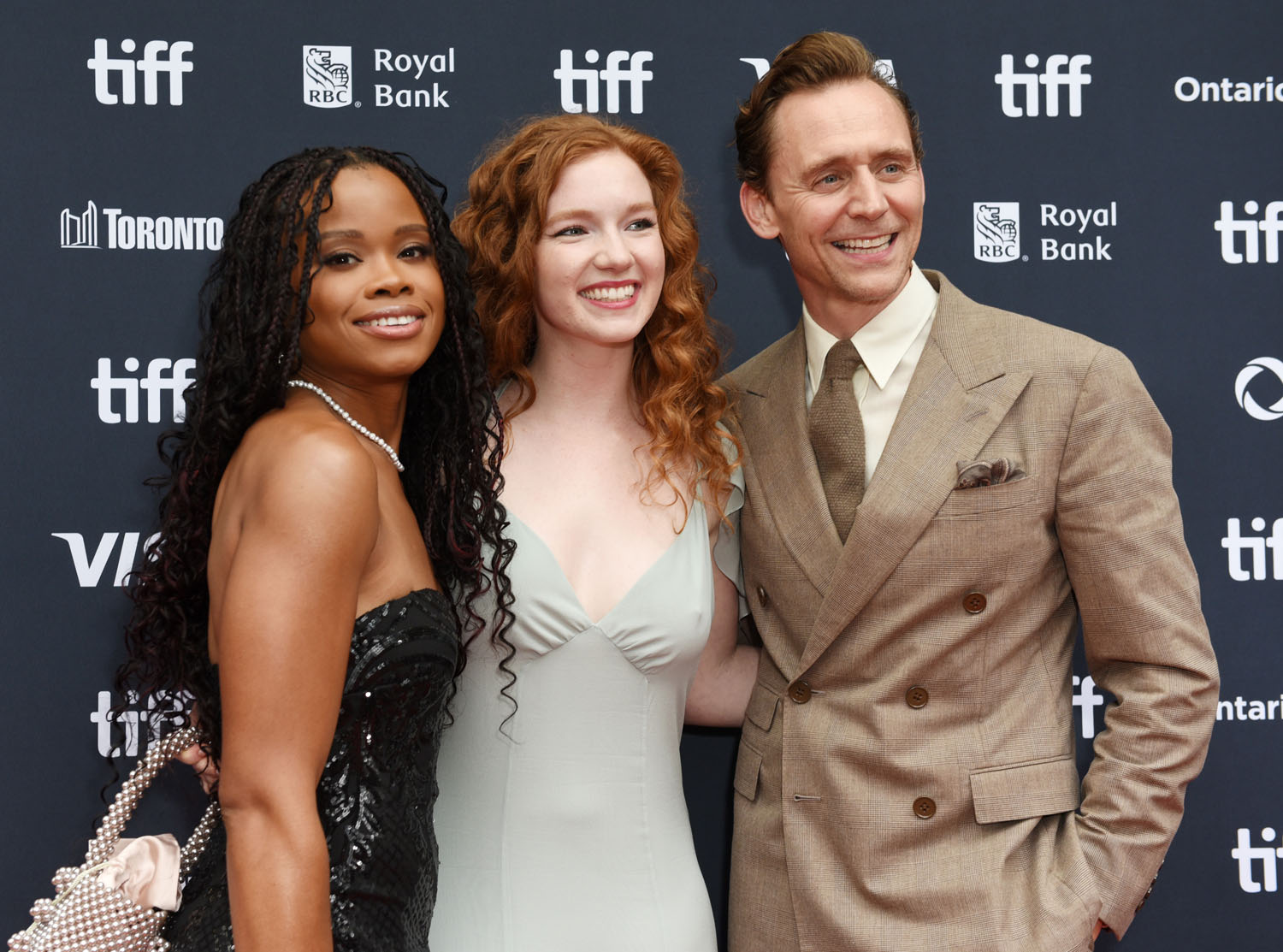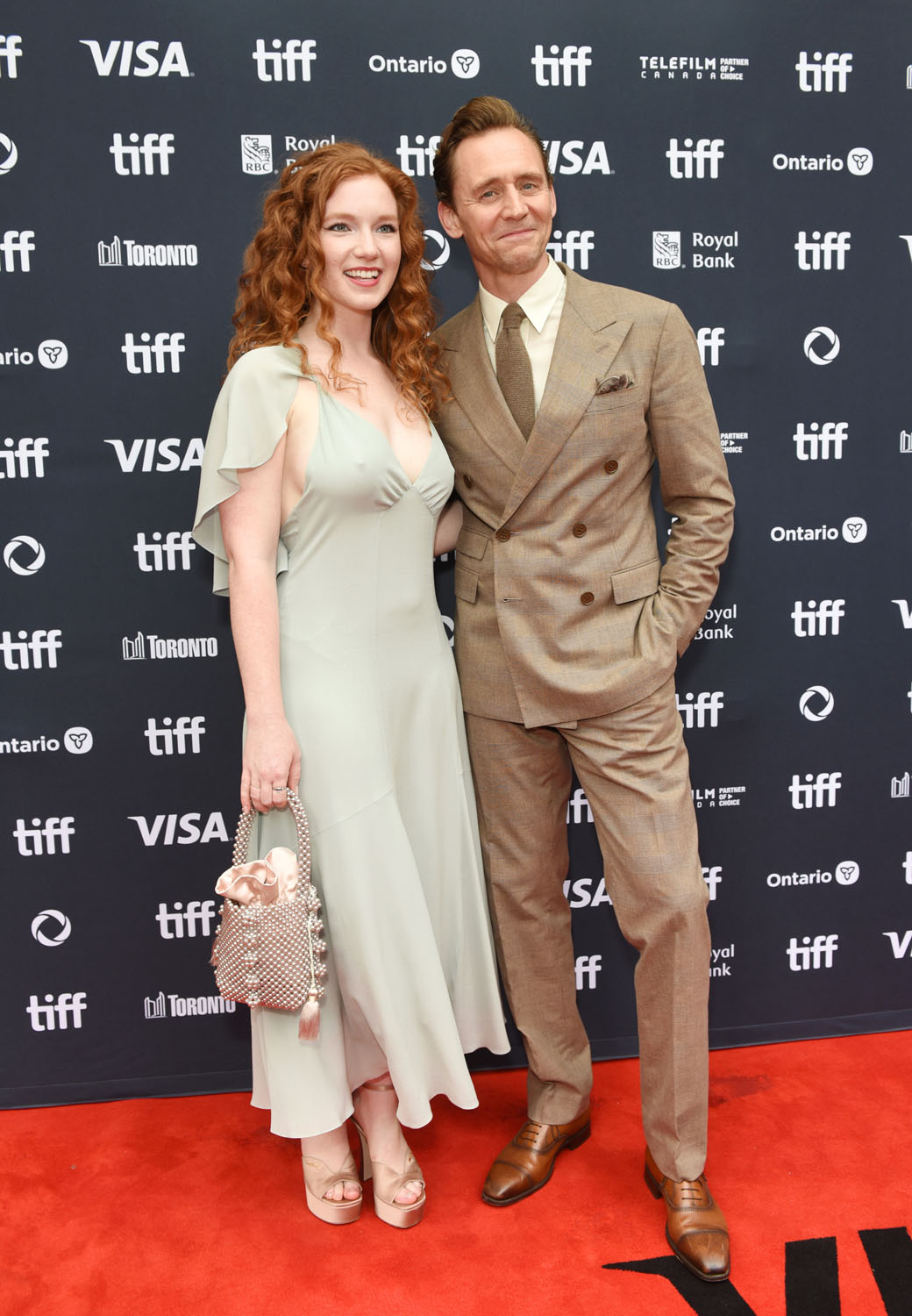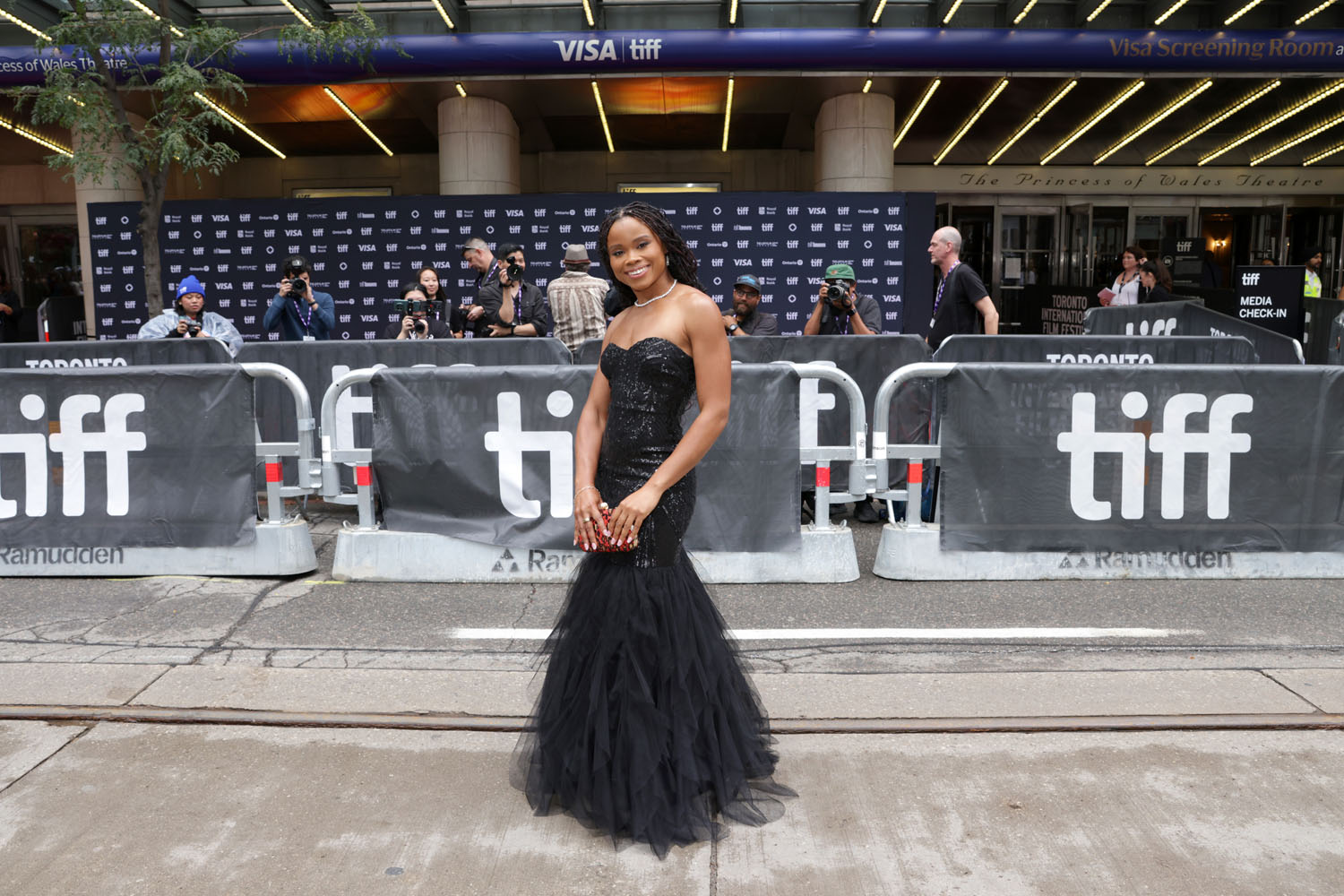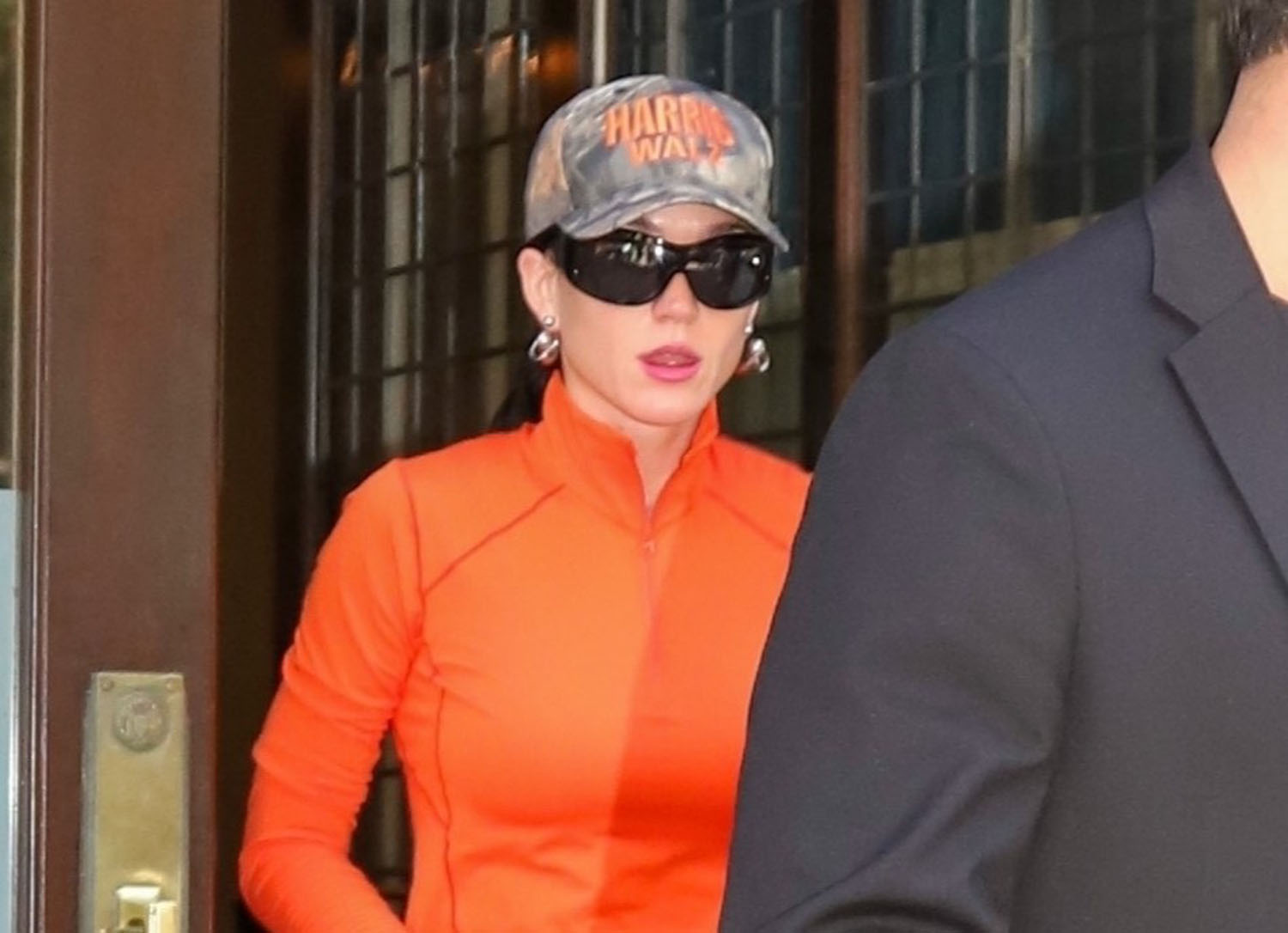TIFF Review: Mike Flanagan’s The Life of Chuck


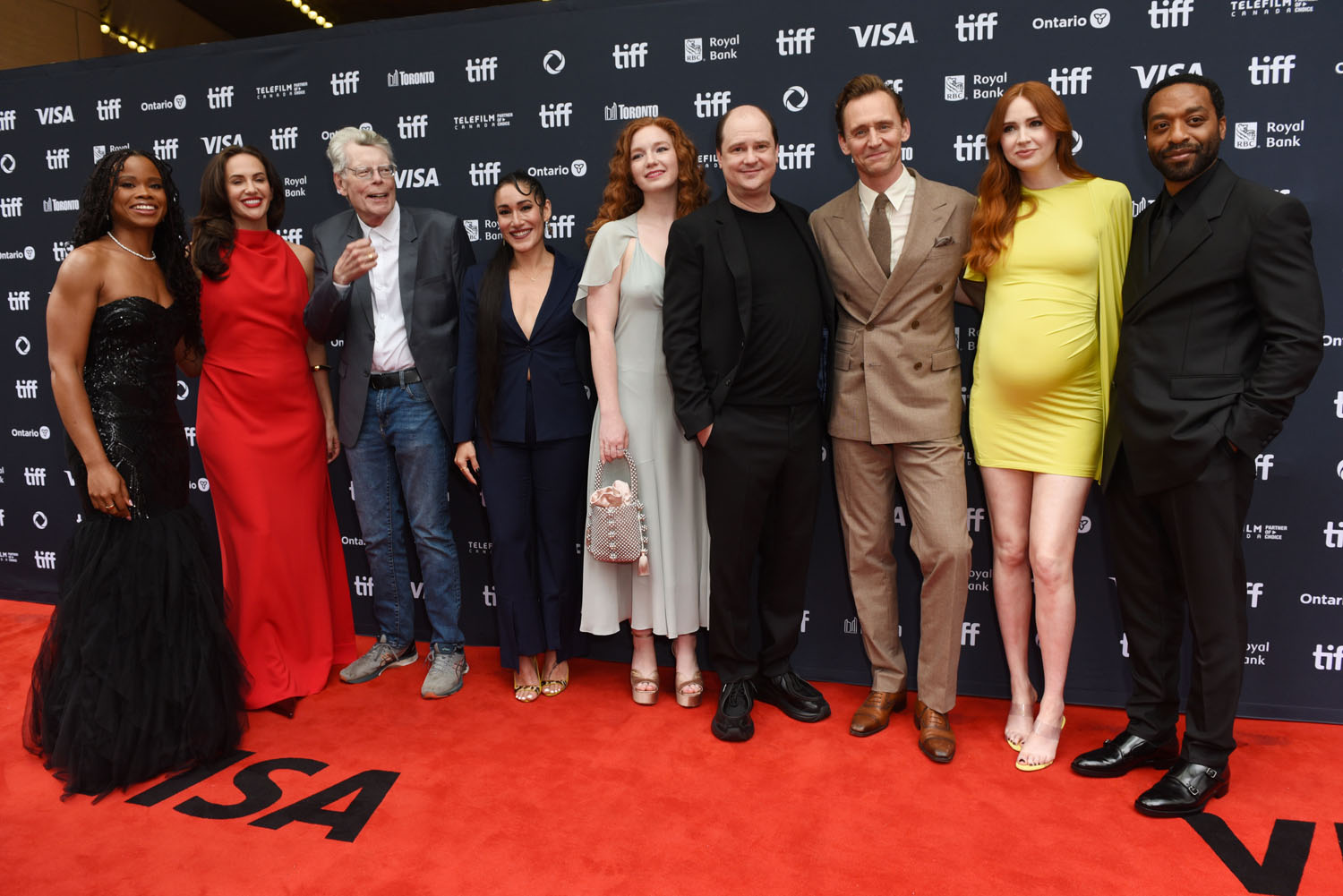
Mike Flanagan made his name directing horror films and television series like Oculus, Hush, Gerald’s Game, Doctor Sleep, and The Haunting of Hill House, Midnight Mass, and The Fall of the House of Usher. Besides being one of the best genre directors working today, he’s the preeminent cinematic adapter of Stephen King—arguably the best adapter of Stephen King to date, though I will always note that I don’t think Stanley Kubrick was trying to adapt King so much as he made The Shining into his own Kubrickian thing, ANYWAY—and now Flanagan is back with his latest film/King adaptation, The Life of Chuck. Adapted from King’s novella of the same name, Chuck is tonally a different mode for Flanagan, but thematically, it’s right in his wheelhouse, exploring big existential questions and the emotional toll of living.
The film is broken into three acts told in reverse order. “Act 3” centers on Marty (Chiwetel Ejiofor giving his best performance in years), a schoolteacher clinging to normalcy as the universe literally ends around him. The depth of caring Marty has for his students is apparent as he tries to conduct parent-teacher meetings despite multiplying signs of the apocalypse—California is falling into the ocean, the Midwest is on fire, Germany has a volcano now, and the internet is down. Fearing the worst, Marty reconnects with his ex-wife, Felicia (Karen Gillan), a nurse who is similarly trying to care for patients through the end of the world and the resulting suicide epidemic. Amidst such hopeless circumstances, Marty and Felicia find hope in each other, whatever ended their relationship is suddenly meaningless in the face of spending their last moments together. Also, there are advertisements everywhere congratulating some guy called Chuck on his retirement after “39 great years”.
Because Flanagan has developed a reputation for meaty monologues and performance-driven work, he can now get recognizable stars to perform the smallest parts, and Chuck is chock full of small but powerful performances by the likes of Harvey Guillen, David Dastmalchian, Carl Lumbly, Samantha Sloyan (disorienting to see her show up in a Flanagan thing and not play a wretched bitch), Kate Siegel, Annalise Basso, Rahul Kohli, and Matthew Lillard (Dastmalchian and Lillard have especially great moments). You will recognize a lot of faces from Flanagan’s previous work, but he also brings in new actors like Ejiofor, Lumbly, and Tom Hiddleston.
“Act 2” tells the story of one day in the life of the aforementioned Chuck, a totally normal guy (played by the abnormally handsome Tom Hiddleston). One day during a business trip, Chuck stops to dance in the street to the rhythm set by a busking drummer (Taylor Gordon). He is joined by the recently dumped Janice (Annalise Basso), and they perform an impromptu ten-minute dance for a crowd of onlookers. And that’s pretty much Chuck’s whole deal. “Act 1” then rewinds to Chuck’s childhood—kid Chuck is played by Benjamin Pajak and Jacob Tremblay—where we learn he was orphaned and raised by his grandparents, Sarah (Mia Sara) and Albie (Mark Hamill). Flanagan’s love for iconic actors of previous decades is in full effect in Chuck.
This wouldn’t be a Stephen King/Mike Flanagan joint if something weird wasn’t going on, though, so we find out that Chuck’s childhood home is haunted. Sort of. His grandfather claims there are ghosts in the attic, and Chuck is forbidden from entering the room at the top of the stairs. Chuck’s childhood home is the embodiment of the film itself, a warm family home with that one spooky corner that keeps it from being too twee. It’s a lovely Victorian with an idyllic front porch, a library stuffed with books, a sunny kitchen, and bold print wallpaper. Of course, the wallpaper is yellow and green, the two most cursed shades on the Victorian color wheel, but this is easily the most livable house to ever appear in one of Flanagan’s projects. It’s actually quite nice! Except for, you know, whatever is going on upstairs.
For the horror cautious, The Life of Chuck is not spooky/scary Stephen King, it’s more weird/what’s going on King. There is a mystery about the locked room, and Flanagan presses his horror-inspired thumbprint on the whole thing, but the prevailing tone of Chuck is hopeful and earnest. It’s like It’s a Wonderful Life without the Christmas schmaltz, or The Twilight Zone with an uplifting tone (maybe it’s the cute suburb setting, or the presence of a gazebo, but something about this film strongly reminds me of “A Stop at Willoughby”, even though Chuck is dealing in basically the exact opposite message). This might feel out of pocket for Flanagan, who isn’t known for heartwarming narratives, but the underlying connective tissue of all his work is deeply emotional, often centered on grief narratives and families in crisis.
Chuck explores many of the same themes, just from a more nakedly hopeful perspective. It would be easy for Chuck to be maudlin, but the combination of earnest storytelling and Flanagan’s spooky style makes for a perfect tonal balance that is particularly apt when Stephen King is also working in his most sincere mode. What keeps it from being tooth-rotting fluff is Flanagan’s style, which gives The Life of Chuck depth and resonance. He perfectly balances the bittersweet tone of the story, the joyful moments sing, the sadder moments carry appropriate weight. But overall is a feeling of exuberant life; the spontaneous joy of dancing wherever and whenever; the quiet pleasure of sitting with a loved one, knowing the end is soon but the now is now. They say dance like no one is looking. The Life of Chuck says dance no matter who is looking.

